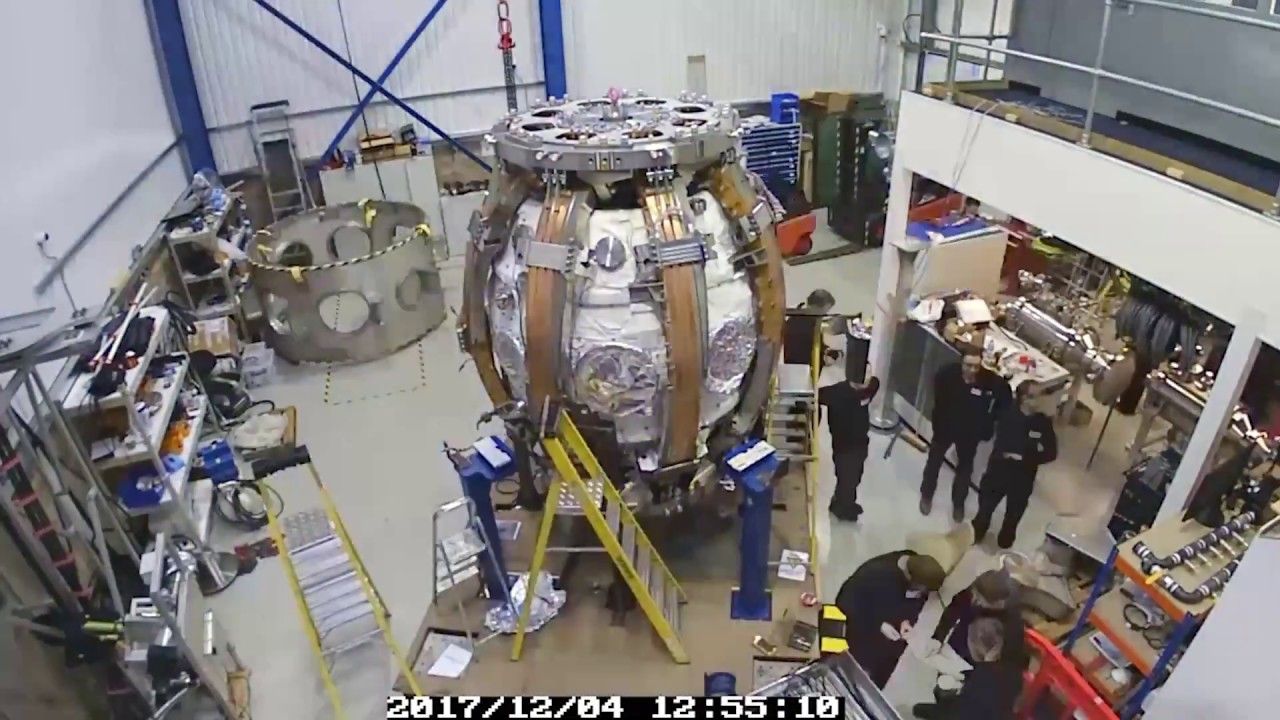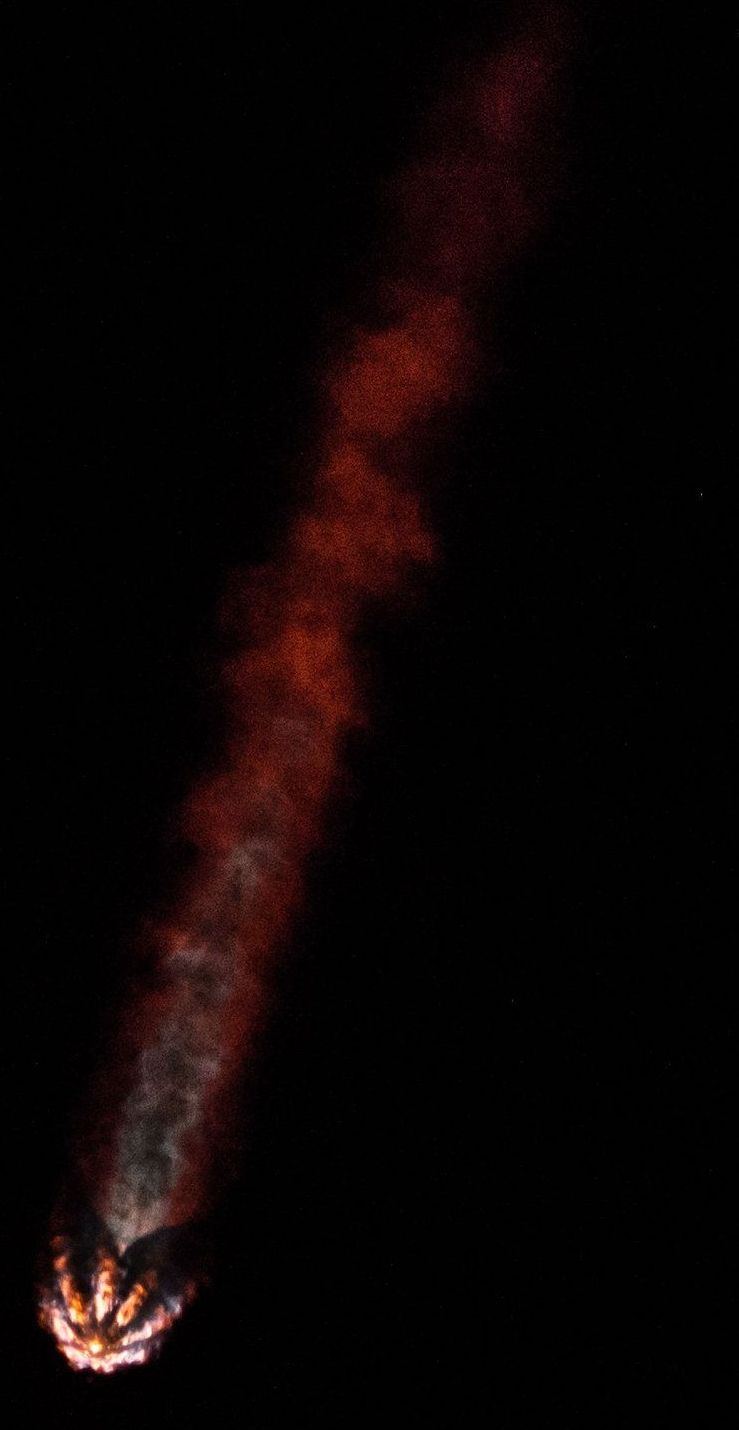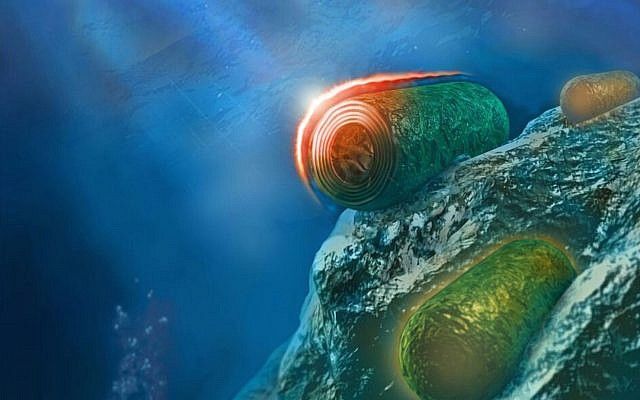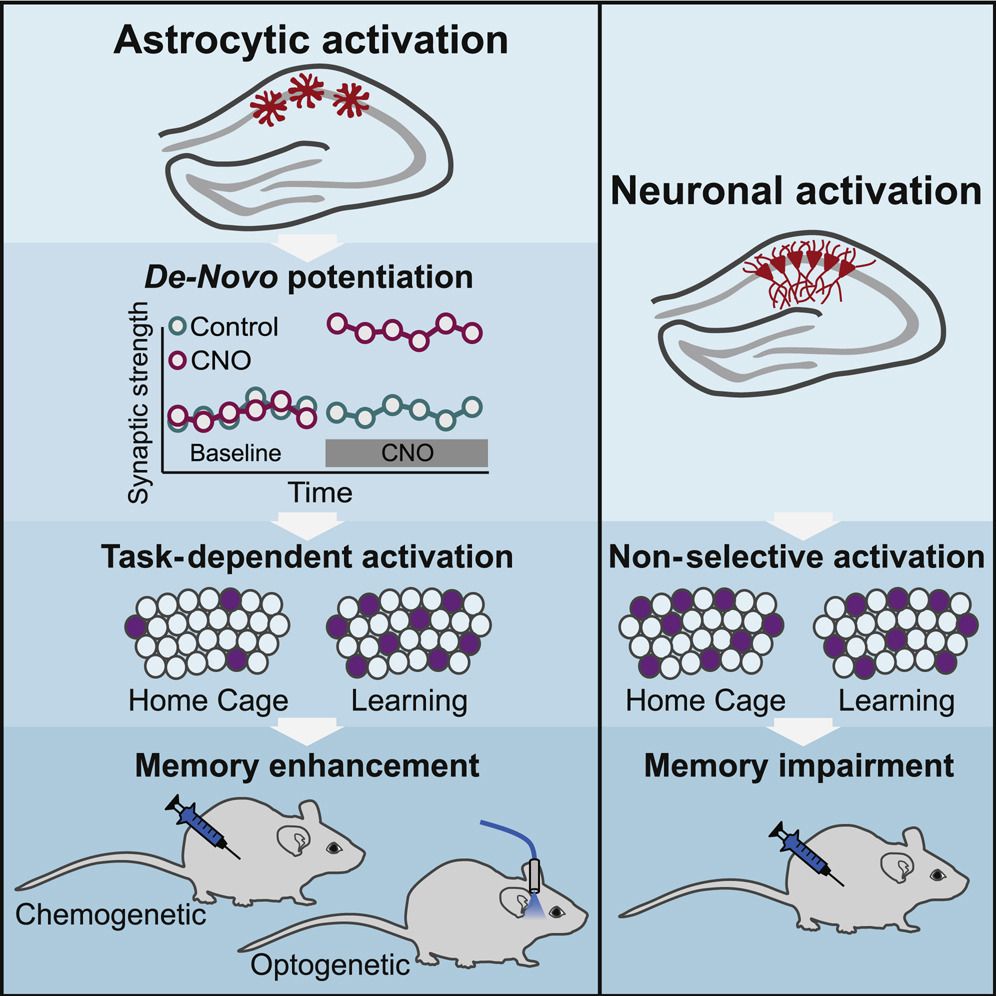Page 9633
Jun 30, 2018
Is Southeast Asia the next Silicon Valley?
Posted by Derick Lee in categories: bitcoin, food, robotics/AI, space travel
Some market observers worry the solutions to problems the new technologies offer might become the causes of other problems. With AI gathering steam and large amounts of data flowing to empower machine learning, how to protect privacy in a region where the use of personal information is loosely regulated has become a pressing question.
Filing taxes using blockchain in Indonesia. Growing better crops in Vietnam with artificial intelligence. Sending rockets into space in Singapore. Southeast Asia is quietly emerging as a breeding ground for new technology.
Continue reading “Is Southeast Asia the next Silicon Valley?” »
Jun 30, 2018
India’s quest to find a trilliondollar nuclear fuel on the Moon
Posted by Klaus Baldauf in categories: Elon Musk, government, military, robotics/AI, space travel
“The countries which have the capacity to bring that source from the moon to Earth will dictate the process,” said K Sivan, chairman of the Indian Space Research Organisation (ISRO). “I don’t want to be just a part of them, I want to lead them.”
The mission would solidify India’s place among the fleet of explorers racing to the moon, Mars and beyond for scientific, commercial or military gains. The governments of the US, China, India, Japan and Russia are competing with startups and billionaires Elon Musk, Jeff Bezos and Richard Branson to launch satellites, robotic landers, astronauts and tourists into the cosmos.
The rover landing is one step in an envisioned series for ISRO that includes putting a space station in orbit and, potentially, an Indian crew on the moon. The government has yet to set a timeframe.
Continue reading “India’s quest to find a trilliondollar nuclear fuel on the Moon” »
Jun 30, 2018
MyDefence Launches PITBULL – Wearable Counter UAS Jammer
Posted by Klaus Baldauf in categories: drones, wearables
MyDefence is launching PITBULL – a next generation wearable Counter UAS solution utilizing smart jamming to defeat enemy drones. PITBULL is developed to have minimal impact on other signals while jamming, in an effort to maintain own communication. The Counter UAS jammer weighs 775 grams and can be worn on the uniform.
Jun 29, 2018
Two Earth-size planets now seem even more like Earth
Posted by Klaus Baldauf in category: space
Two of the earliest Earth-ish exoplanet finds are now more exciting targets in the search for habitable worlds beyond this rock.
Jun 29, 2018
Tokomak Energy UK high temperature superconductors and better magnet path to commercial nuclear fusion
Posted by Klaus Baldauf in categories: materials, nuclear energy

Tokamak Energy of the UK has built the ST40 prototype fusion reactor and they aim to reach 100 million degrees celsius by the end of 2018. They have already reached 15 million degrees.
Jun 29, 2018
International Space Station added a new photo
Posted by Michael Lance in category: space
Jun 29, 2018
Electricity from germs could be the next big thing, say Israeli researchers
Posted by Klaus Baldauf in categories: biotech/medical, engineering, habitats, nanotechnology, nuclear energy, solar power, sustainability
You can generate electricity from oil, you can produce it from natural gas, you can make it from nuclear energy, and you can channel it from the sun, via solar energy conversion systems. You can even generate electricity from photosynthetic bacteria, also known as cyanobacteria, based on a new innovation developed at the Technion. As published in a study in the journal, Nature Communications, the Technion researchers have developed an energy-producing system that exploits both the photosynthesis and respiratory processes that cyanobacteria undergo, with the harvested energy leveraged to generate electricity based on hydrogen.
The study was conducted by three Technion faculty members: Professor Noam Adir from the Schulich Faculty of Chemistry, Professor Gadi Schuster from the Faculty of Biology, and Professor Avner Rothschild, from the Faculty of Materials Science and Engineering. The work involved collaboration between Dr. Gadiel Saper and Dr. Dan Kallmann, as well as colleagues from Bochum, Germany and the Weizmann Institute of Science. It was supported by various bodies, including the Nancy and Stephen Grand Technion Energy Program (GTEP), the Russell Berrie Nanotechnology Institute (RBNI), the Technion Hydrogen Technologies Research Lab (HTRL), the Adelis Foundation, the Planning and Budgeting Committee’s I-CORE program, the Israel Science Foundation, the USA-Israel Binational Science Fund (BSF) and the German research fund (DFG-DIP).
Scientists have long considered cyanobacteria a possible energy source. Cyanobacteria belong to a family of bacteria common to lakes, seas, and many other habitats. The bacteria use photosynthetic mechanisms that enable them to generate energy from sunlight. They also generate energy in the dark, via respiratory mechanisms based on digestion and degradation of sugar.
Continue reading “Electricity from germs could be the next big thing, say Israeli researchers” »
Jun 29, 2018
Astrocytic Activation Generates De Novo Neuronal Potentiation and Memory Enhancement
Posted by Manuel Canovas Lechuga in category: neuroscience
Astrocyte activation in the hippocampus is sufficient to generate synaptic potentiation, enhance memory allocation, and improve cognitive performance beyond what can be achieved by elevating neuronal activity alone.
















